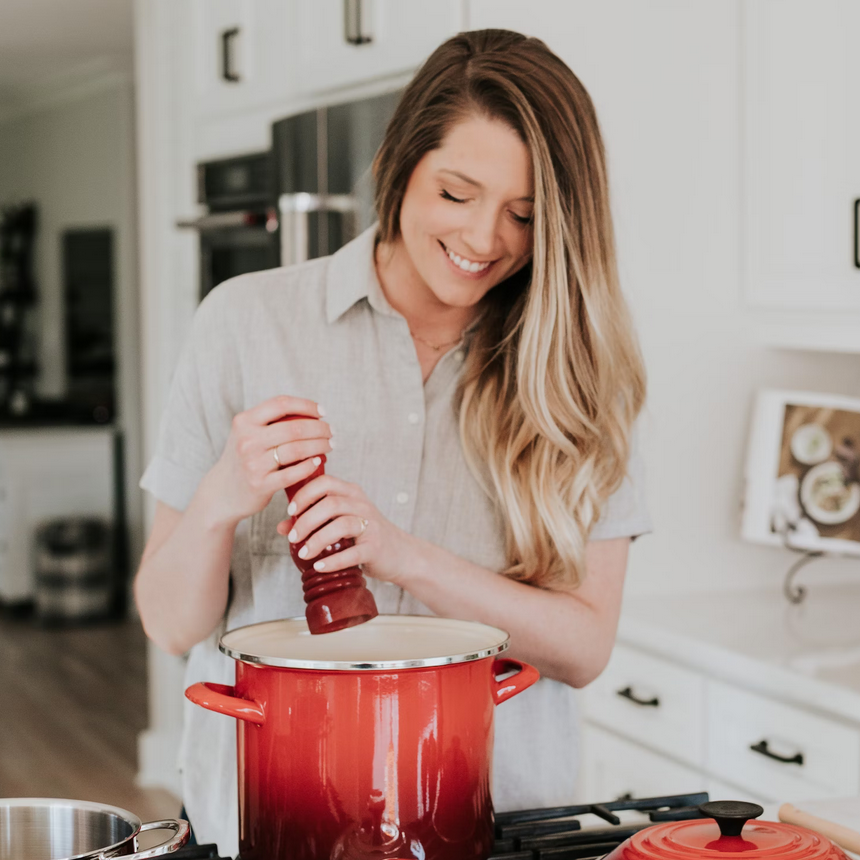
Boyd Hampers Food Magazine with Chef Norah Clark
Norah Clark is an experienced chef in some of the leading restaurants and hotels worldwide, notably The Ritz Carlton Hotel, Four Seasons, The Plaza, and Savoy Hotel in London.
Norah is the Editor of Boyd Hampers Magazine.
Boyd Hampers Magazine
We independently review everything we recommend. When you buy through our links, we may earn a commission.
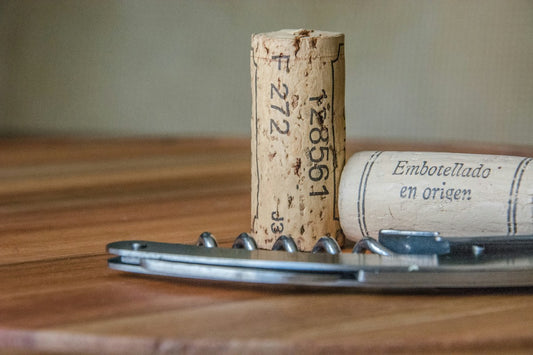
5 Best Wine Stoppers We Tried for Preserving Yo...
Looking for the perfect wine stopper to preserve the flavor and freshness of your wine? We've sourced and rigorously tested a variety of wine stoppers, examining over 30 different models...
5 Best Wine Stoppers We Tried for Preserving Yo...
Looking for the perfect wine stopper to preserve the flavor and freshness of your wine? We've sourced and rigorously tested a variety of wine stoppers, examining over 30 different models...
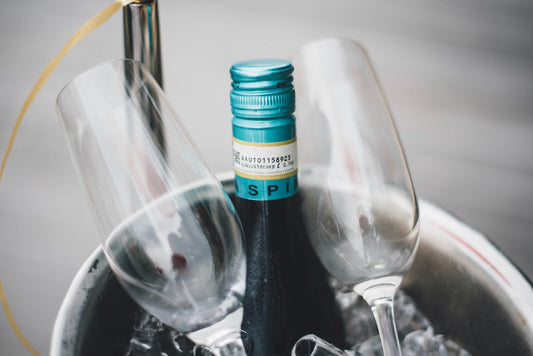
12 Best Wine Chillers We Tried For Perfectly Ch...
Looking for the best wine chillers? We've acquired and tested a wide array of wine chillers to assess their performance side-by-side. Our evaluation focused on key factors such as capacity,...
12 Best Wine Chillers We Tried For Perfectly Ch...
Looking for the best wine chillers? We've acquired and tested a wide array of wine chillers to assess their performance side-by-side. Our evaluation focused on key factors such as capacity,...
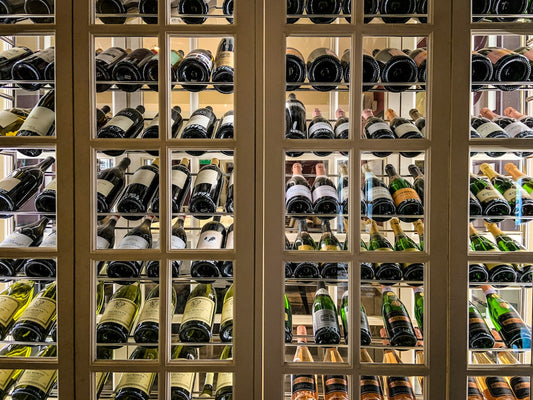
Here's The 9 Best Wine Cabinets After Extensive...
Trying to find the perfect wine cabinet to keep your wine collection safe and keep on show? We purchased and tested over 25 different brands of wine cabinets to test...
Here's The 9 Best Wine Cabinets After Extensive...
Trying to find the perfect wine cabinet to keep your wine collection safe and keep on show? We purchased and tested over 25 different brands of wine cabinets to test...

We Tried The Best Travel Mugs That Are Reusable...
Looking for the best travel mug for your on-the-go lifestyle? We tried over 20+ different travel mug brands, we purchased and tested all of the travel mugs side-by-side. We focused...
We Tried The Best Travel Mugs That Are Reusable...
Looking for the best travel mug for your on-the-go lifestyle? We tried over 20+ different travel mug brands, we purchased and tested all of the travel mugs side-by-side. We focused...
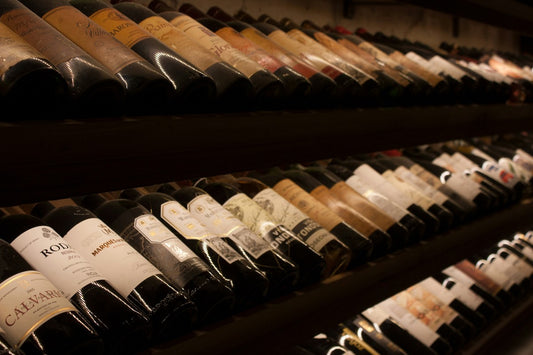
We Used The 9 Best Wine Racks to Store Our Wine...
Needing to buy the perfect wine rack for your wine collection? We've thoroughly researched and purchased over 20 popular wine racks, testing them side-by-side to evaluate their functionality and style....
We Used The 9 Best Wine Racks to Store Our Wine...
Needing to buy the perfect wine rack for your wine collection? We've thoroughly researched and purchased over 20 popular wine racks, testing them side-by-side to evaluate their functionality and style....
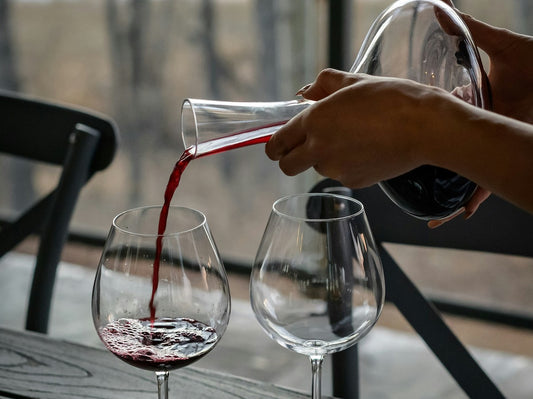
The 5 Best Wine Decanters We Had The Pleasure o...
Looking to find the perfect wine decanter to store your wine? We've meticulously researched and purchased over 19 different decanters, putting them to the test in a series of rigorous...
The 5 Best Wine Decanters We Had The Pleasure o...
Looking to find the perfect wine decanter to store your wine? We've meticulously researched and purchased over 19 different decanters, putting them to the test in a series of rigorous...

Boyd Hampers Magazine – Monthly Subscription
Subscribe to the monthly subscription of Boyd Hampers Magazine directly to your inbox or the physical magazine to your doorstep.







